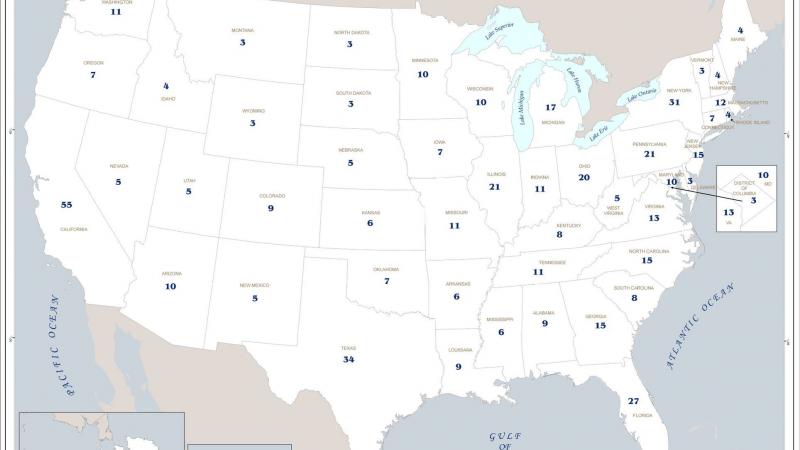Democrats' proposed tax on unsold assets of billionaires raises legal questions
The new tax has been proposed as a way to raise revenue to fund the Democrats' multitrillion-dollar social spending bill.
President Biden and congressional Democrats' tax proposal for the unsold assets of billionaires is raising legal and constitutional questions.
The new tax has been proposed as a way to raise revenue to fund the multitrillion-dollar social spending bill the Democrats are seeking pass in the Senate. It would apply to the unrealized capital gains on assets during a taxable year for individuals who earn $100 million or more over a 3-year period. The proposal would also apply to individuals with assets over $1 billion.
Asset growth is currently not a taxable event. Individuals pay taxes when the asset is sold.
Under the new proposal, a "taxable event occurs at the close of each taxable year that an applicable taxpayer holds a tradable covered asset, and gain or loss will be taken into account in the taxable year in which the taxable event occurs as though the tradable covered asset had been sold for its fair market value."
The latest version of the plan indicates that a taxpayer’s "basis for an asset will be adjusted appropriately for any gain or loss realized as a result of a taxable event."
Senate Finance Committee Chairman Ron Wyden and Sen. Elizabeth Warren are supporters of the idea. The White House said Biden supports the tax and said he would not go through with anything illegal.
White House Press Secretary Jen Psaki was asked if the tax is legal.
"We're not going to support anything we don't think is legal, but I will tell you the president supports the billionaires tax," she said on Wednesday. "He looks forward to working with Congress and Chairman Wyden to make sure the highest income Americans pay their fair share."
Some Republicans have questioned the constitutionality of taxing unrealized capital gains.
“It's probably unconstitutional," said Utah Republican Sen. Mitt Romney.
Legal experts are also raising concerns about the proposal.
"I haven't seen any actual proposed text, but we don't believe they can simply tax unrealized capital gains," said Sam Kazman, general counsel at the Competitive Enterprise Institute.
Wyden predicted that the proposal would survive legal challenges.
"What is legal is the scam," he said, referring to wealthy individuals who take advantage of loopholes in the tax code.
Additional details of how the tax would be implemented were released on Wednesday.
"Any capital gain or capital loss related to a tradable covered asset will be treated as long-term capital gain or long-term capital loss, respectively, regardless of holding period, unless a provision elsewhere in the tax code stipulates that such gain or loss should be treated as gain or loss from the sale of an asset which is not a capital asset or ordinary income regardless of holding period," read the latest version of the plan.
According to Fortune, the proposal would impact about 700 high-income earners in the U.S. One of those individuals is Tesla CEO and SpaceX CEO Elon Musk, who has criticized the idea.
“Eventually, they run out of other people's money and then they come for you," he wrote on Twitter.
















